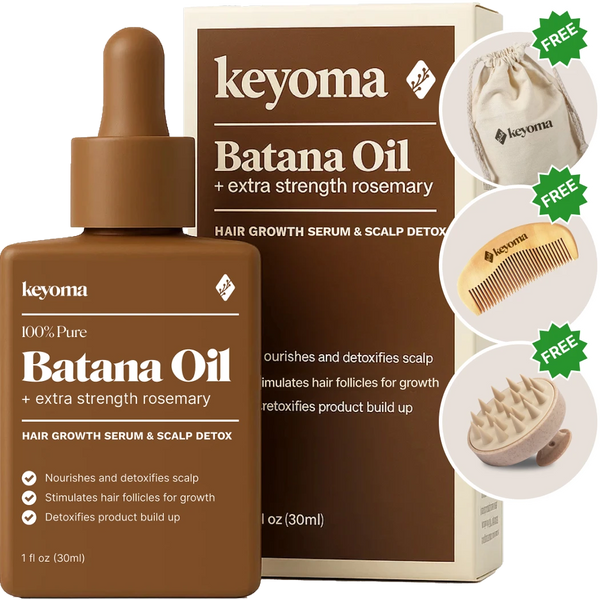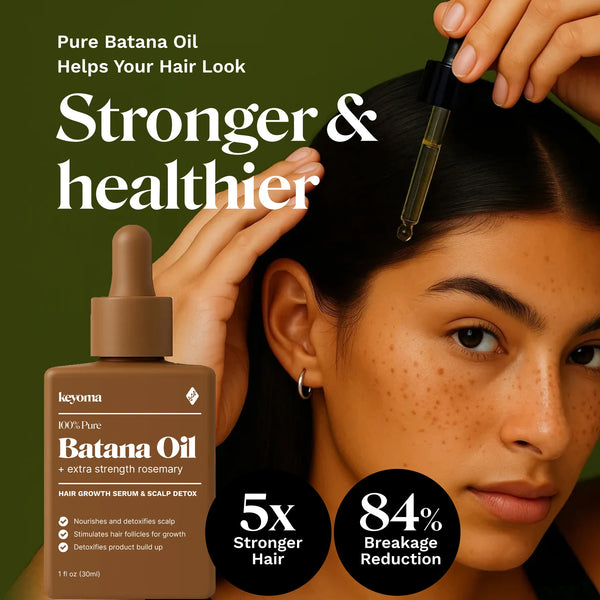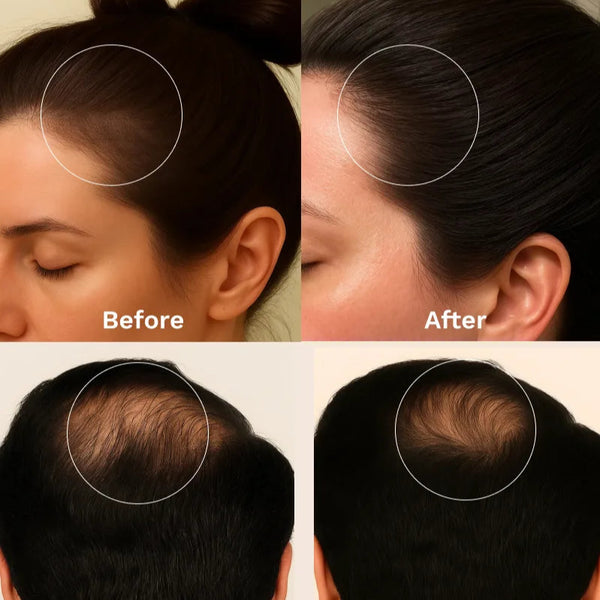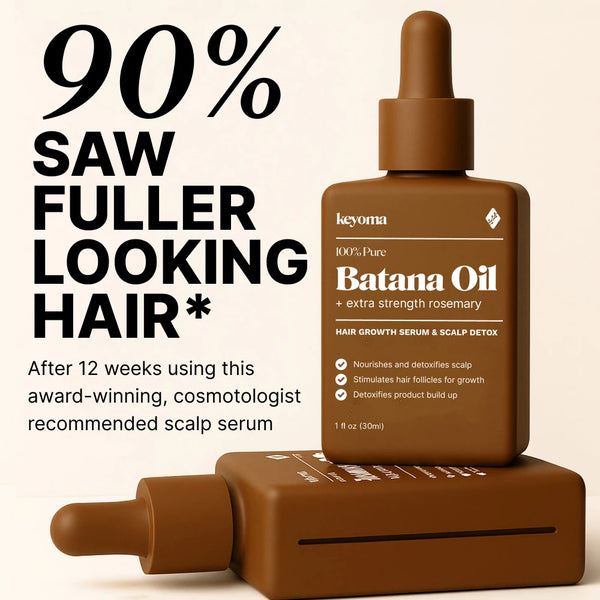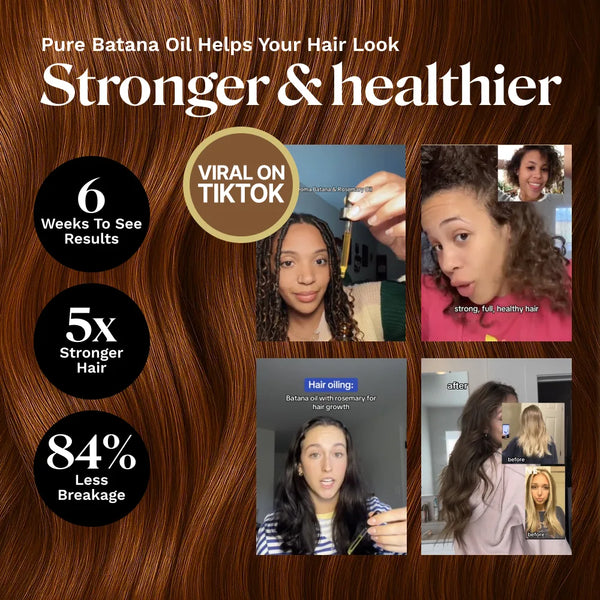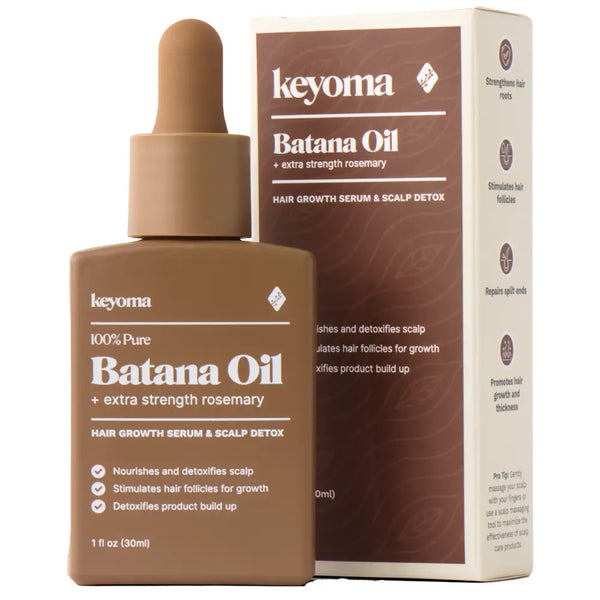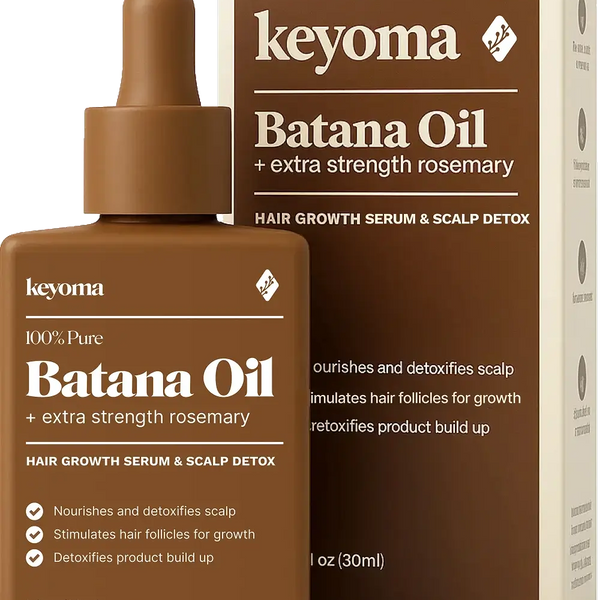We’re taking a closer look at how natural vitamin E may enhance hair. Those soft, pliable capsules are easy to pierce for direct use, and plenty of people already rely on them for a quick dose of antioxidants.
You can pair it with your daily vitamins so nutrients work from within. Vitamin E often acts like a quiet helper that supports a steady beauty routine.
For hair-specific benefits, consider this link: studies associate oxidative stress with alopecia. People dealing with alopecia often show lower antioxidant levels on the scalp, which is where vitamin E may be useful.
Key Takeaways
-
Vitamin E antioxidants defend cells and help hair cope with daily oxidative stress.
-
Topical vitamin E can condition the scalp, reduce dryness and flakes, and add shine.
-
Evidence for direct hair growth is limited, and benefits may involve scalp circulation and antioxidation.
-
Diet provides vitamin E, and excess supplementation can exceed safe limits without medical guidance.
What is Vitamin E?
Vitamin E is a fat-soluble group of antioxidant compounds that includes tocopherols and tocotrienols. Each subtype offers distinct actions, and together they help defend your cells from everyday free-radical damage.
Unlike some nutrients that pass quickly, vitamin E is absorbed and stored in the liver and fatty tissues. Your body can draw on these stores as needed. Those reserves support healthy skin and help your strands cope with environmental stressors they encounter daily.
Types of Vitamin E
The vitamin E family includes several forms, and each contributes to overall health in a slightly different way:
Alpha-tocopherol: The most active form in humans and the best studied for health effects. It’s also the type most common in supplements.
Beta-, gamma-, and delta-tocopherol: These appear in a range of foods and still play a role, though less prominently than alpha-tocopherol.
Tocotrienols: Close relatives of tocopherols that also help bolster antioxidant defenses provided by vitamin E.
Can Vitamin E Oil Help Hair Grow?
Vitamin E is a nourishing, moisturizing hair oil, but can it actually help with hair loss? There isn’t enough research to say it directly boosts hair growth.
Here’s what we do know:
It may support blood flow to the scalp. Vitamin E can improve circulation throughout the body, and good circulation in the scalp supports a healthy growth cycle.
Low levels might relate to balding. Some research suggests people with androgenetic alopecia (also called male pattern baldness) can have lower vitamin E levels, though other studies found no clear difference.
If you’re noticing signs of hair loss, vitamin E oil likely won’t hurt, but you may get more from proven natural hair growth oils or FDA-approved options are first-line for hair loss, and using them together may help even more.
Hair loss often progresses over time, so seek medical guidance when you first notice thinning. Early treatment tends to work better.
How to Get More Vitamin E
The good news is you can meet vitamin E needs with a balanced diet. Deficiency is uncommon because most people get enough from everyday whole and enriched foods. If you want to focus on hair, you can also apply vitamin E topically with a shampoo, conditioner, mask, or oil.
Dietary Sources
What you eat, and how much, matters for healthy hair. Not getting enough calories, protein, or micronutrients like vitamin E can influence growth, structure, and shedding.
Great sources include nuts, leafy greens, olive oil, and sunflower oil. You’ll also find vitamin E in meats and fortified options like breakfast cereal.
Vitamin E Supplements
Supplements are widely available, but many people don’t need them. Some evidence suggests you may benefit more when vitamin E comes from whole foods rather than a pill.
Taking extra can push you above safe limits, which isn’t advisable. Talk with your healthcare provider before starting any new supplement.
Topical Vitamin E Oil
Most vitamin E oils are blended with a carrier oil like Batana to dilute the ingredient and lower the chance of irritation.
If you want to try pure vitamin E oil, make sure you dilute it correctly first. Keep in mind these oils can be pricey and tricky to handle, since they’re thick and can oxidize quickly in air.
Shampoo and Conditioner With Vitamin E
Prefer a frequent option that doesn’t add steps? Many shampoos and conditioners contain vitamin E. They’re designed for regular use and often support dry or damaged hair.
Let the product sit a few minutes while you finish showering so it reaches the scalp and strands. I noticed two to three minutes was enough for me, without weighing hair down. Choose formulas with rosemary, lavender, peppermint, or tea tree for added benefits.
Benefits of Using Vitamin E Oil for Hair
Vitamin E oil is versatile. On the scalp, it conditions and adds hydration to help with dryness and flaking. Used through the lengths, it can increase shine and reduce breakage. Here are key ways it may help your hair.

May Encourage Hair Growth
Finding a non-prescription product that sparks growth is tough, but vitamin E oil has features that might assist. As an antioxidant, it helps reduce oxidative stress on the scalp.
That matters because oxidative stress can hinder normal repair, allowing hair follicle cells to break down and possibly contribute to hair loss.
Vitamin E oil nourishes scalp and strands to support healthy function. It may also increase blood flow to the scalp, which supports overall growth.
Helps Soothe a Dry, Flaky Scalp
Vitamin E oil can be a simple option for dryness and flakes. Your body naturally produces vitamin E to help protect and moisturize skin, and topical use can similarly condition, hydrate, and refresh the scalp.
Helps Strengthen Hair
Hair follicles can weaken with age and from chemical services or hot tools. That leads to breakage and split ends. Vitamin E oil helps care for stressed follicles so hair is stronger and less likely to snap.
Adds Shine to Hair
Dry, brittle, frizzy, or dull hair, whether from heat, chemicals, or genetics, may look better with vitamin E oil. Over time it can form a light protective barrier, seal in moisture, and give strands the nourishment they need for a more lustrous look.
Risks and Side Effects of Using Vitamin E for Hair
It’s reasonable to ask about downsides. While vitamin E is generally safe, heavy use can cause greasiness or mild allergic reactions. Knowing how to apply it safely helps you get benefits with fewer issues.
Some people notice irritation or an oily feel when using large amounts of vitamin E capsules on hair. Do a patch test first to reduce the chance of problems and keep your scalp comfortable.
Reduce Hair Breakage With Vitamin E
Protect your hair with vitamin E and keep daily wear from turning into broken ends. Support surface lipids so the cuticle stays smooth and friction drops on wash days.
Focus on preservation over promises and watch for fewer short snaps over the next few washes. For a simple way to add vitamin E benefits without heaviness, choose Keyoma Pure Batana Oil with Rosemary as your pre-wash oil.





